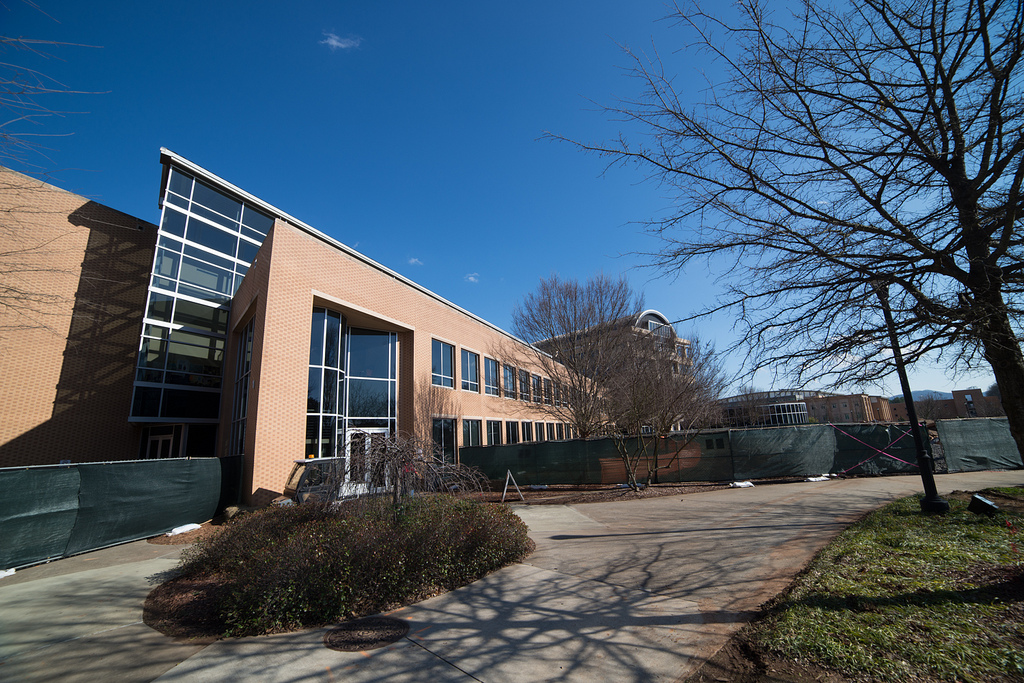A law signed earlier this year by the Arkansas governor allows for concealed guns on public college campuses starting in two weeks, on September 1. But it seems increasingly unlikely that anyone will actually obtain the special permit required to do so before that date.
Under the new law, Arkansas residents 21 and over with a concealed handgun carry license are eligible to bring firearms onto campuses — but only if they undergo eight hours of active shooter training, the content of which will be devised by the Arkansas State Police.
State police haven’t yet set those guidelines. The department has until the end of the year to release them.
Confusion about gun policy’s implementation was one of several concerns shared by faculty and staff at the University of Arkansas during a question-and-answer session with university officials and the school’s police chief in Fayetteville Tuesday night. It was the first such forum organized by the state university system since the campus carry law was signed by Governor Asa Hutchinson in April.
Stephen Boss, a geosciences professor, told a local news outlet that he has questions about the law that could have enormous public safety implications: “We can’t ask people if they are permitted to carry a gun on campus or not, so who do we call? What do we say?” (Actually, staffers can ask if someone on campus has a concealed gun permit, but according to University guidelines, “the individual being asked has no obligation to answer.”)
The law has been controversial since it was first introduced. A few days after it was signed, Southeastern Conference commissioner Greg Sankey said that allowing guns at sporting events could “negatively impact the intercollegiate athletics program at the University of Arkansas.” Fearing sanctions from athletic conferences, lawmakers passed a measure allowing universities to ban guns in stadiums and hospitals on school grounds. But obtaining an exemption will be expensive: Outfitting the University of Arkansas’s flagship stadium with metal detectors could cost half a million dollars, an independent security consultant told The Trace.

